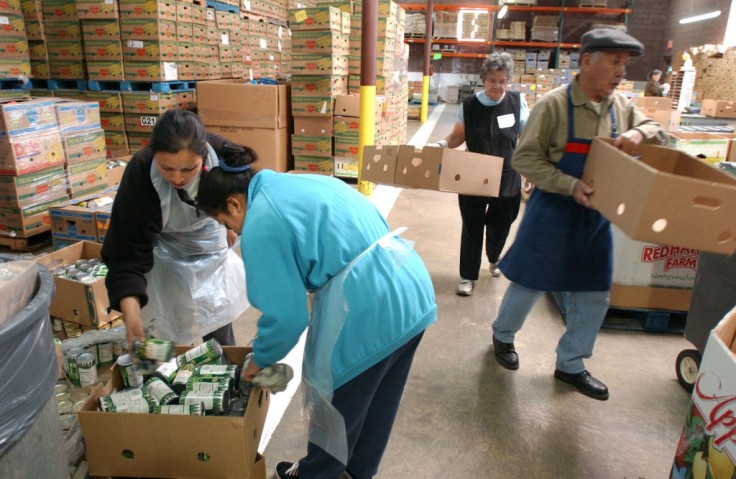
Post-pandemic hunger is affecting more families as funding for WIC's food assistance programs is falling short.
In the wake of the pandemic's aftermath, a recently released report by the Center for Budget and Policy Priorities (CBPP) sheds light on a looming crisis within the federal food assistance program, specifically affecting the Special Supplemental Nutrition Program for Women, Infants, and Children (WIC).
The report underlines a significant $1.3 billion shortfall in WIC's funding, posing potential disruptions to food aid for 2 million vulnerable families who rely on this critical program.
Congress Faces Urgency in Addressing WIC's Needs on Food Assistance Programs
The CBPP report illuminates the growing strain on WIC, a vital lifeline for over half of all infants in the United States.
Despite surprising economic strengths in certain sectors, the demand for post-pandemic hunger relief programs, including WIC, remains higher than anticipated.
The $1.3 billion shortfall is a stark contrast to the $6 billion allocated in the stopgap funding bill signed by President Joe Biden on Nov. 17, 2023, for the year 2024. However, projections suggest that an additional $1.3 billion is imperative to meet the expected demand.
As the January 19 budget deadline approaches, WIC stands at a critical juncture.
The CBPP urges Congress to address this substantial funding gap promptly, emphasizing the potential consequences of turning away eligible young children, pregnant individuals, and postpartum adults with low incomes.
The urgency of the situation cannot be overstated, as the specter of a post-pandemic hunger crisis looms large over 2 million families who rely on WIC for essential food aid.
The CBPP report has intensified the ongoing bipartisan debate on the role and funding of food assistance programs.
While WIC has been a longstanding source of support for vulnerable populations, including infants and pregnant individuals, Republicans have advocated for program adjustments, citing the need to reevaluate policies in light of post-pandemic recovery.
Democrats, on the other hand, stress the program's vital importance in preventing a food crisis, arguing that cuts could leave millions without access to essential food aid.
Impact on Families: WIC Shortfall Amplifies Struggles for Food Aid Recipients
The potential consequences of the $1.3 billion shortfall in WIC funding extend beyond the program itself.
Families that rely on WIC find themselves at a crossroads, grappling with rising food costs and the expiration of pandemic-era benefits that had previously supported their households.
The report highlights that the end of emergency SNAP benefits earlier this year and the lapse of the expanded Child Tax Credit have contributed to driving up WIC rolls, further exacerbating the challenges faced by those in need.
As the nation grapples with the aftermath of the pandemic, the pressing need for adequate funding for food assistance programs, particularly WIC, is undeniable.
The $1.3 billion shortfall represents a potential crisis point, and immediate action from Congress is essential to prevent the erosion of crucial support for 2 million families experiencing post-pandemic hardships.
The food aid programs, including WIC, play a pivotal role in alleviating the ongoing post-pandemic hunger crisis, and addressing this funding gap is paramount for the well-being of vulnerable communities across the nation.
Related Article: 10 Teens Face Charges in Washington's Growing Carjacking Menace